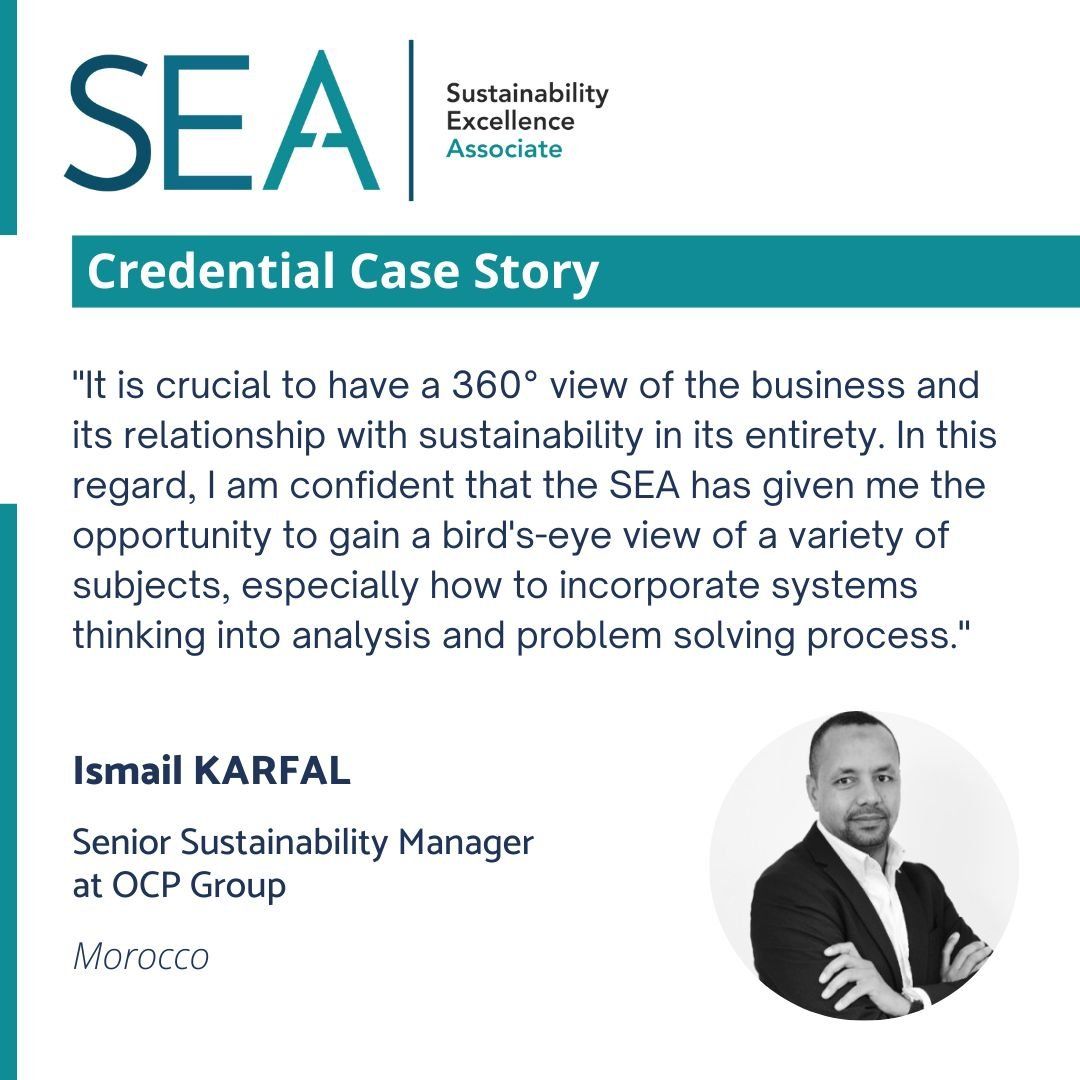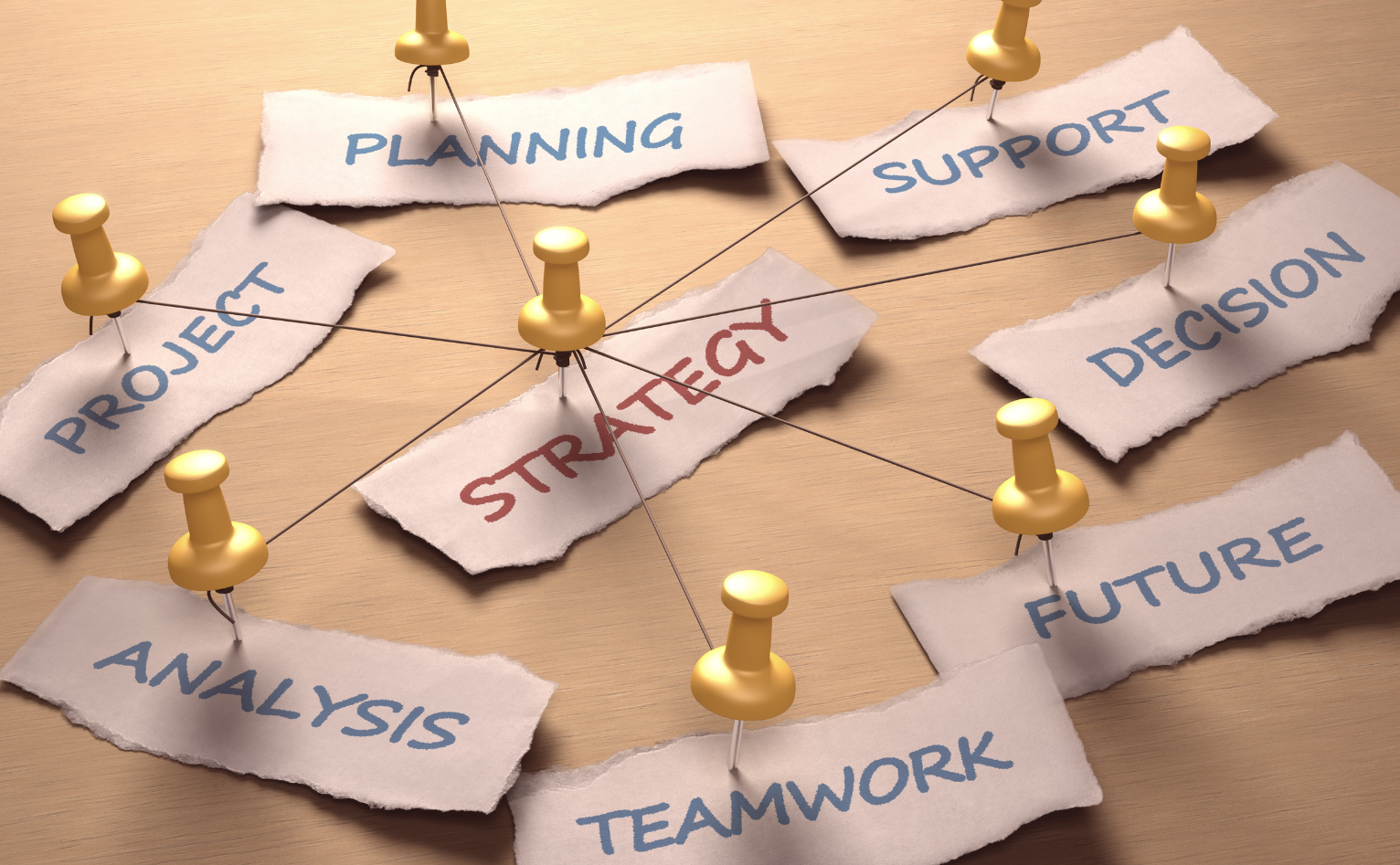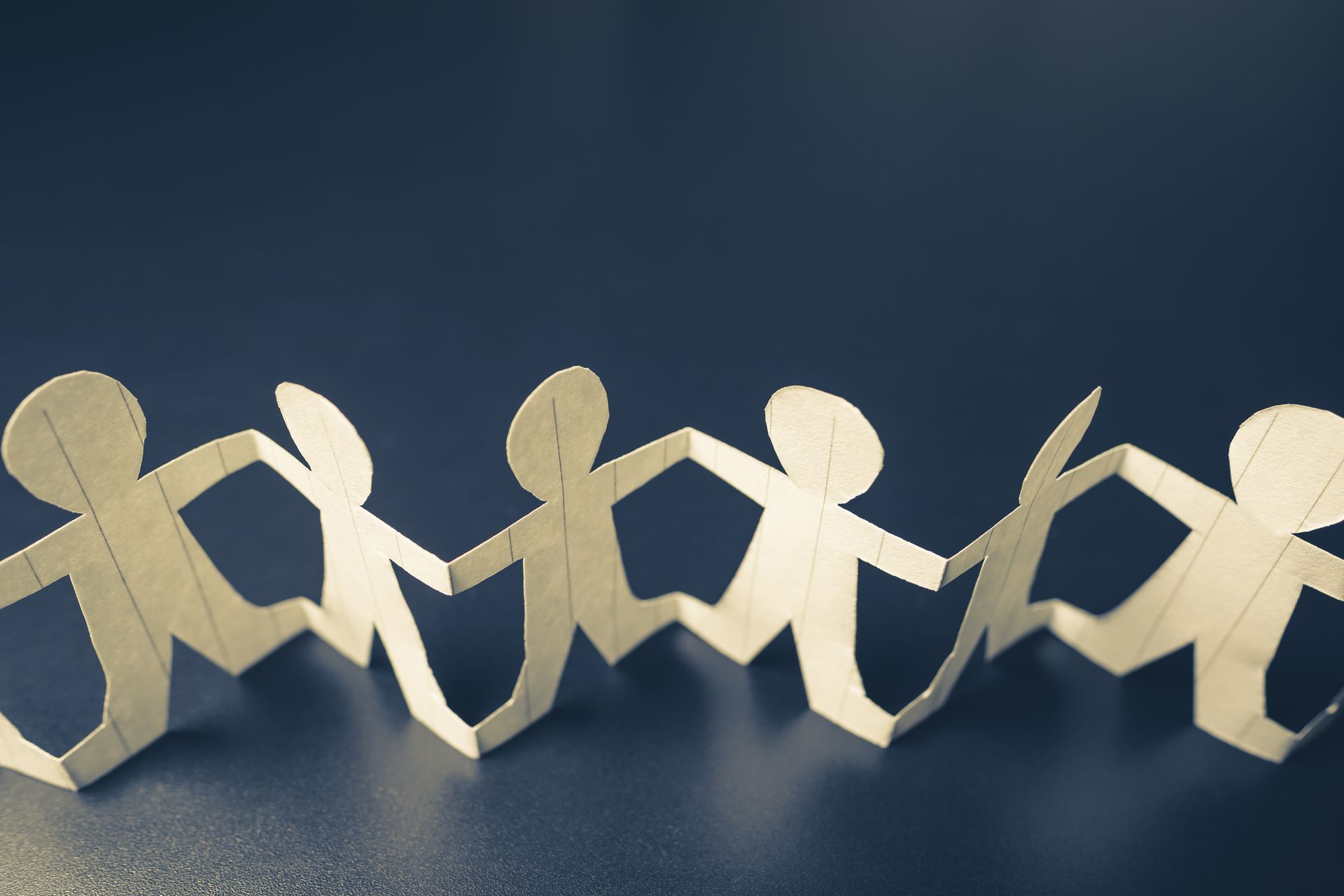What brought you to this moment in your career where the Sustainability Excellence Associate (SEA) made sense for you?
I began my career in a Finance & Controlling department, where short-term financial performance management is critical. It was a strategy focused on increasing shareholder wealth. With the definition of a new corporate strategy and the opening to other leadership and strategic planning topics, as well as the constraints of the external environment, my interest in sustainability grew over time, and I began to work on it part-time before switching to full-time.
On a personal level, I've always been involved in environmentally responsible practices, waste reduction, recycling, and ethical business practices. I enjoy watching TV programs about climate change, biodiversity, supply chains, and other aspects of sustainability. Knowing and mastering the language of sustainability was a big challenge for me when I first began working full-time in sustainability. That is why I believed that obtaining a professional certification would help me accomplish my learning objectives.
I chose to become a SEA because it is a generalist credential that perfectly fits my requirements and my ultimate objective. Indeed, given my current position, having a broad knowledge base and a holistic strategy to problem solving is critical.
How are you putting the knowledge, skills, and ability demonstrated in the SEA to work in your career (or work) today?
As a member of an entity that works with various departments and profiles, it is crucial to have a 360° view of the business and its relationship with sustainability in its entirety. In this regard, I am confident that SEA has given me the opportunity to gain a bird's-eye view of a variety of subjects, especially how to incorporate systems thinking into analysis and problem solving processes.
I am currently heading transformation projects aimed at making sustainability part of our company's DNA, and SEA provided me with the required jargon and cleared the way for me to prepare for the SEP, which enabled me to realize my ambition of becoming a sustainability professional with a significant impact.
Of course, in the spirit of constant development, I will continue to support SEA through continuing education as well as the opportunities provided.
For those starting out in the sustainability field, what advice do you have for them?
First and foremost, I will urge them to have a desire to learn from other industry colleagues and to be open to others on a continuous basis. Indeed, as a sustainability professional, learning the key concepts of sustainability is a critical step toward completely understanding the philosophy and history of events that have shaped the global face of sustainability.
And I believe that SEA offers a fantastic opportunity to do so. My advice to newcomers who want to have SEA is to read the material and attempt to comprehend the connection to the real world.
The final crucial point is to learn from the experiences of others. Indeed, I think that sharing and learning are essential for career advancement in the sustainability industry. Joining a professional organization, such as ISSP, is an excellent idea!




